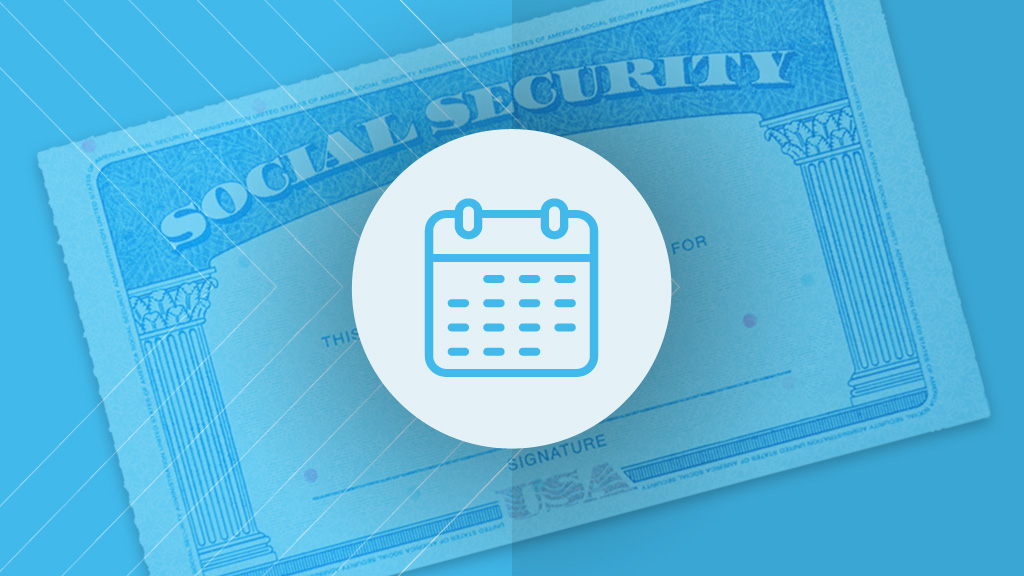5 Things to Know if You Want to ‘Unretire’

The hiring platform Indeed recently published an economist’s analysis that more people were “unretiring,” perhaps due to COVID-19 vaccinations (thus alleviating some of the risks of being face-to-face), a tight job market, and high inflation.
If you are one of those who have decided to go back to work — or you’re thinking about adding some working hours to your days — consider the possible effects on your Social Security benefits. They may affect your decision on how much to work or whether to do it at all.
1. Social Security limits how much you can earn without losing benefits.
If you are collecting Social Security and you “unretire,” you could be affected by the earnings limit. This rule applies to those who haven’t reached full retirement age, are collecting Social Security, and earn more by working than a limit set annually by the Social Security Administration.
In 2022, that limit is $19,560 for those who are under their full retirement age for the entire year. Social Security will deduct $1 from your benefit payments for every $2 you earn above the annual limit.
The rules change in the year you reach full retirement age. Social Security deducts $1 in benefits for every $3 earned above a different limit. In 2022, that limit is $51,960, and it applies only to the months up to the month you reach full retirement age.
The earnings limit applies to self-employment, too.
Social Security has a calculator to help individuals evaluate how their benefits could be affected by working. It’s important to note that the earnings limits and exemption amounts are updated annually, so keep a close eye on those if you’re considering unretiring.
2. If Social Security reduces your benefit for working, it’s only temporary.
Once you reach full retirement age, Social Security will recalculate your monthly benefit to restore the benefits deducted over the months or years you exceeded the earnings limit.
Find a job that pays well, and you could even increase your Social Security benefit when you “re-retire.”
3. Unretire after full retirement age & there’s no limit on earnings.
There’s no earnings limit if you return to work after full retirement age. Full retirement age varies by birth year. For example, anyone who was born in 1957 and turns 65 this year has a full retirement age of 66 and 6 months.
Many people work well past the traditional retirement age of 65. So, the opportunity to earn a wage and collect Social Security is a real bonus.
4. Do a cost/benefit analysis.
More income may be just what you need as inflation hits 40-year highs and as you watch your investment portfolio’s downward spiral in today’s stock market. Or, you may just have more time on your hands and want to surround yourself with others in retirement.
If you unretire to take a well-paying job, your earnings could even boost your monthly benefit at full retirement age or later, up to age 70 because of the way Social Security computes benefits.
Some employers may even offer benefits, such as health insurance, paid vacation, and tax-advantaged savings plans if you work enough hours.
If you enrolled in Medicare before unretiring, you may still be able to take advantage of an employer’s health plan. However, be sure to consult an expert to compare the costs and benefits and to ensure you don’t trip over any of the rules.
5. Stop or suspend Social Security benefits if you decide to take a job.
Perhaps you started collecting Social Security because you were laid off or had hours reduced. Then your situation pulls into reverse, and you can go back to work. Your options depend on your age:
If you are under full retirement age and want to stop Social Security benefits, you must:
- Do so within 12 months and file a Request for Withdrawal of Application.
- Re-pay all benefits received by you and by anyone (such as a spouse) receiving a benefit on your record.
- Re-pay Medicare premiums if they were deducted from your checks.
If you are over full retirement age, you can suspend Social Security benefits. You only need to contact Social Security to request that they stop paying you. You don’t have to repay any benefits, and you’ll be able to earn Delayed Retirement Credits (DRCs) of 8% every 12 months your benefits are suspended) toward your benefit when you resume it.
But, be careful. Anyone who receives a benefit tied to your record will have their payments suspended, too. Their benefits do not earn DRCs. And if your Medicare premiums were being deducted from your Social Security payment, you’ll need to repay those yourself.
Get professional advice!
Social Security has more than 2,700 regulations. That’s why I advise people to consult their financial and/or tax advisors about when to retire, when to file for Social Security, and what to do if they unretire.
Read the original post on TheStreet here.
Monthly insights from our Chief Growth Officer, Jack Sharry
Get exclusive insights and interviews from around the industry

 By
By 




